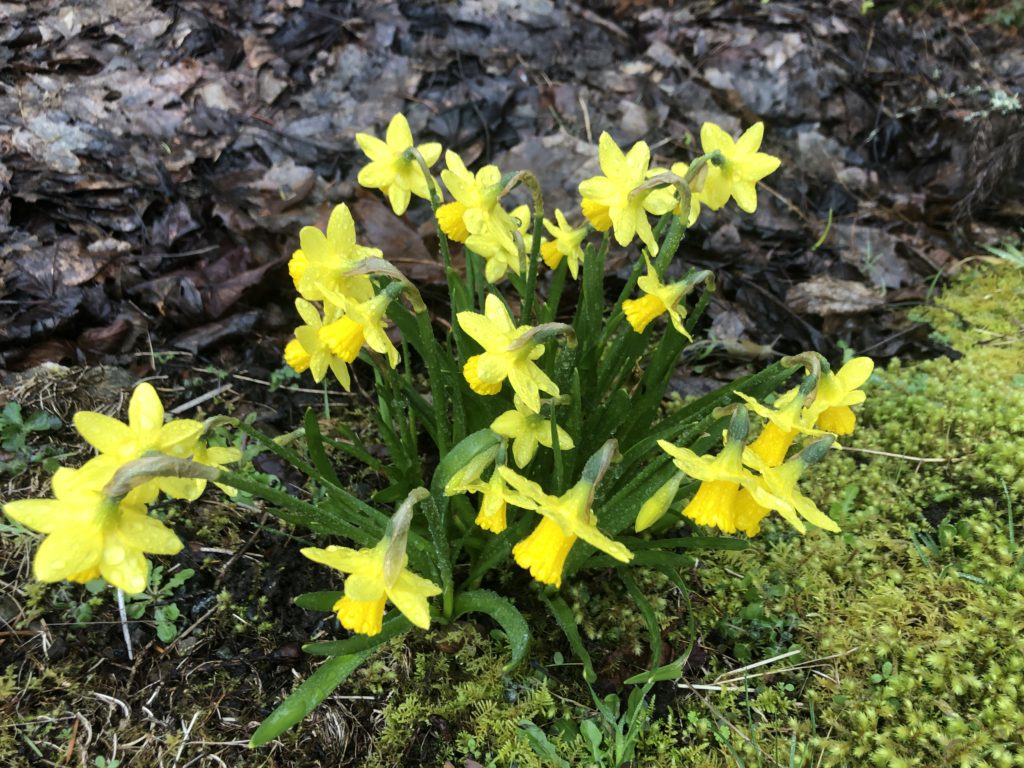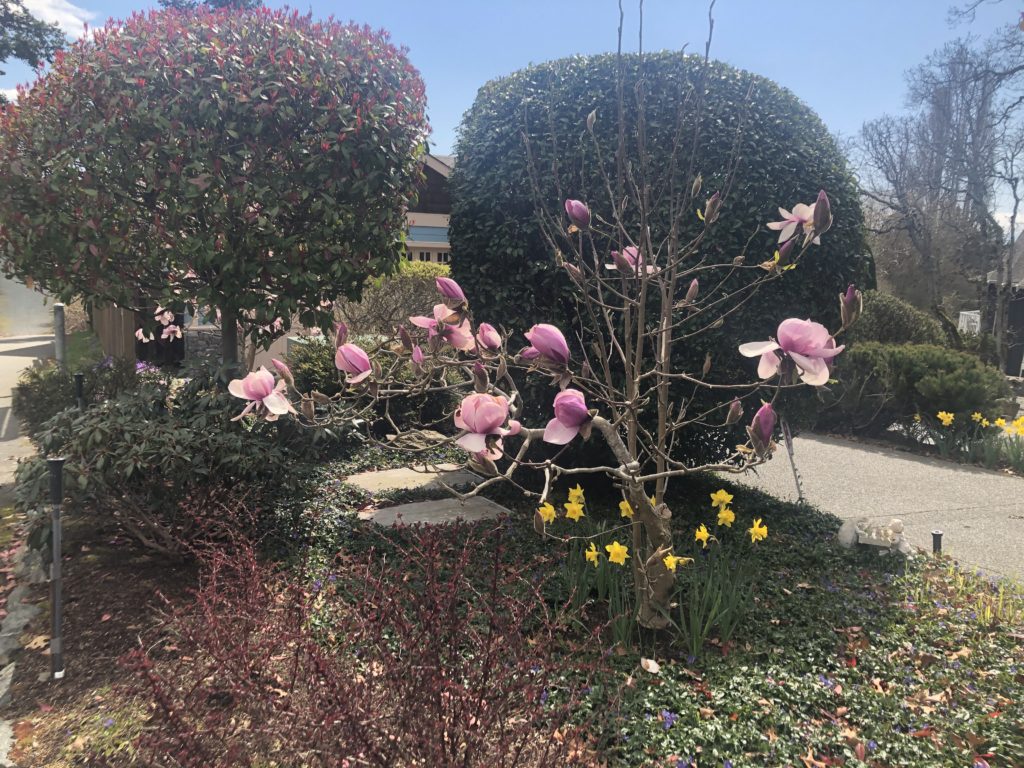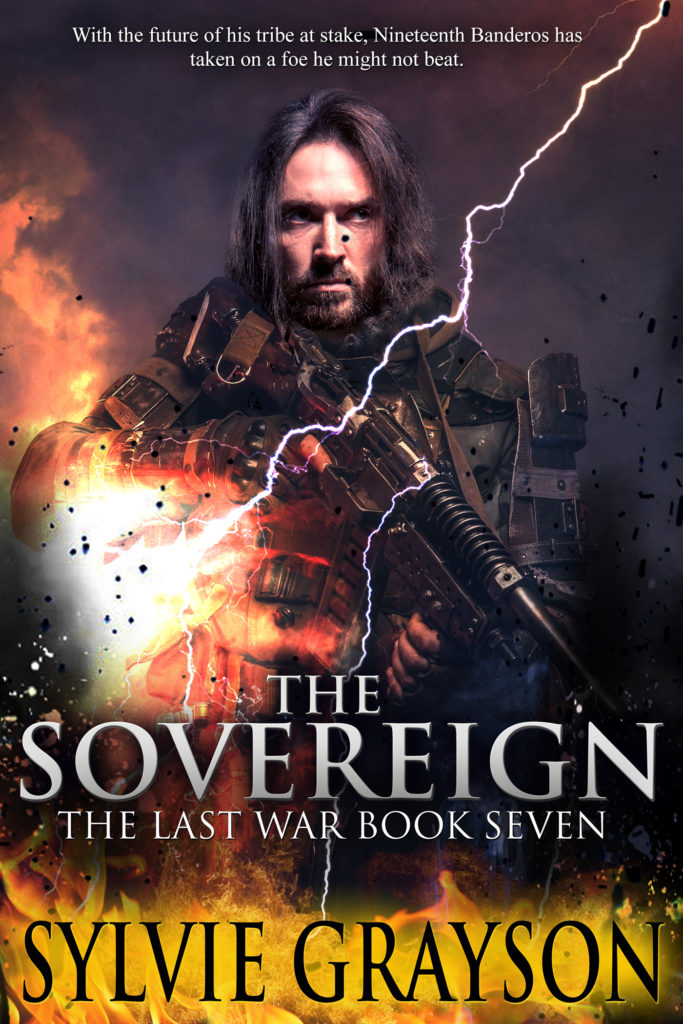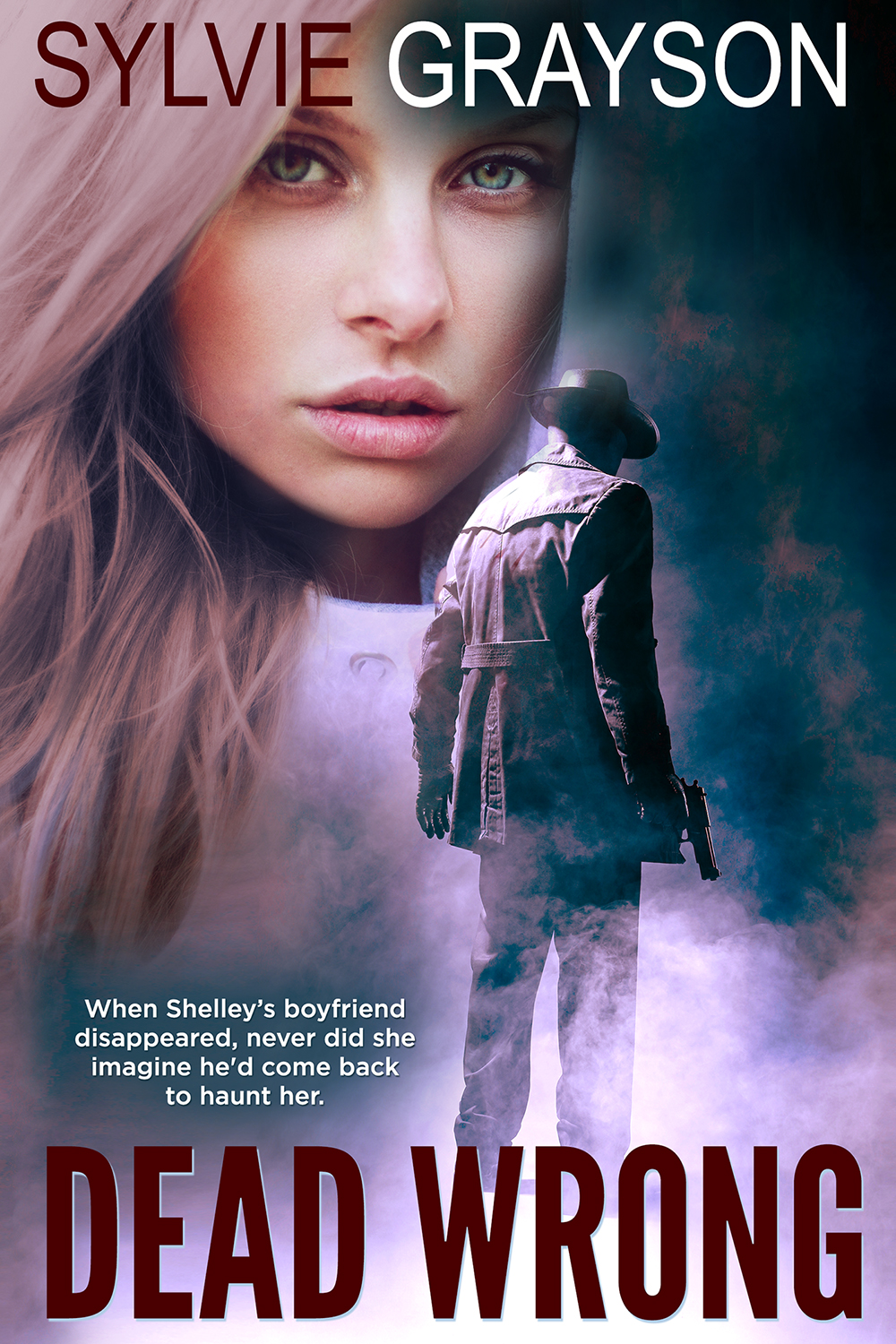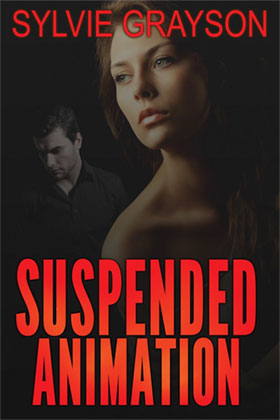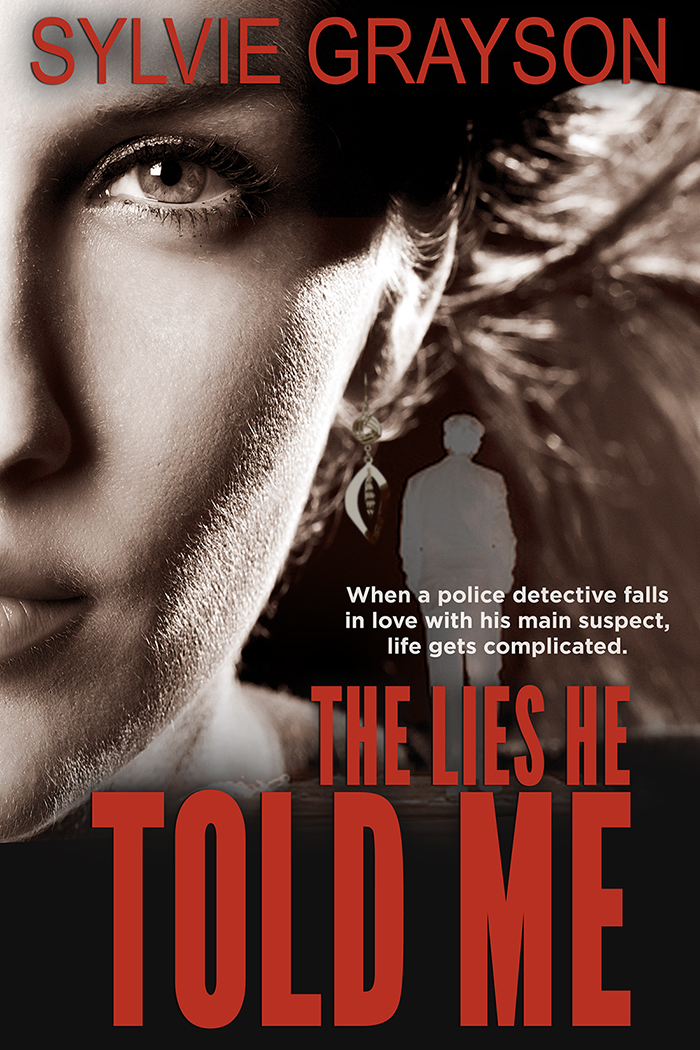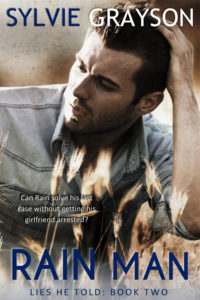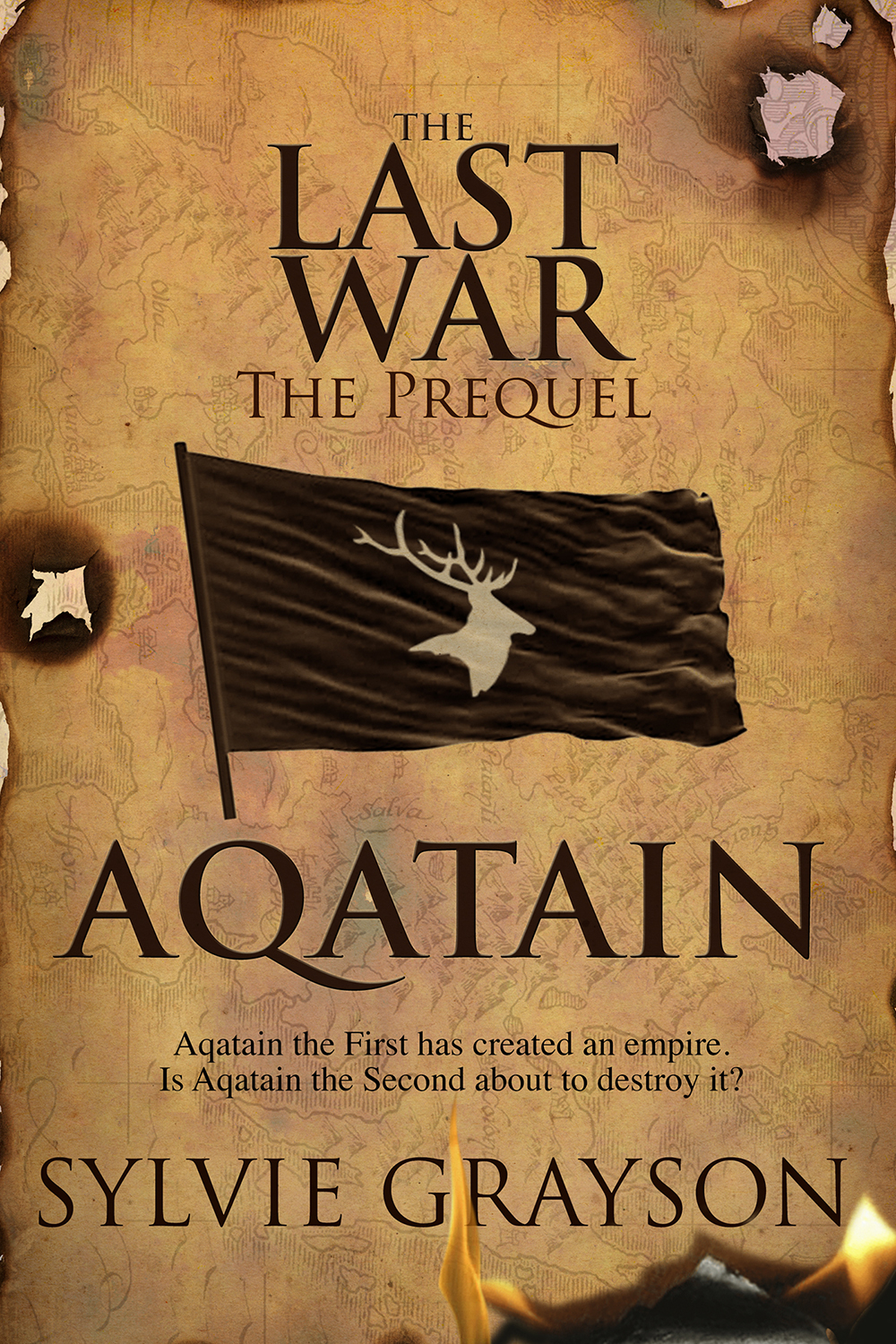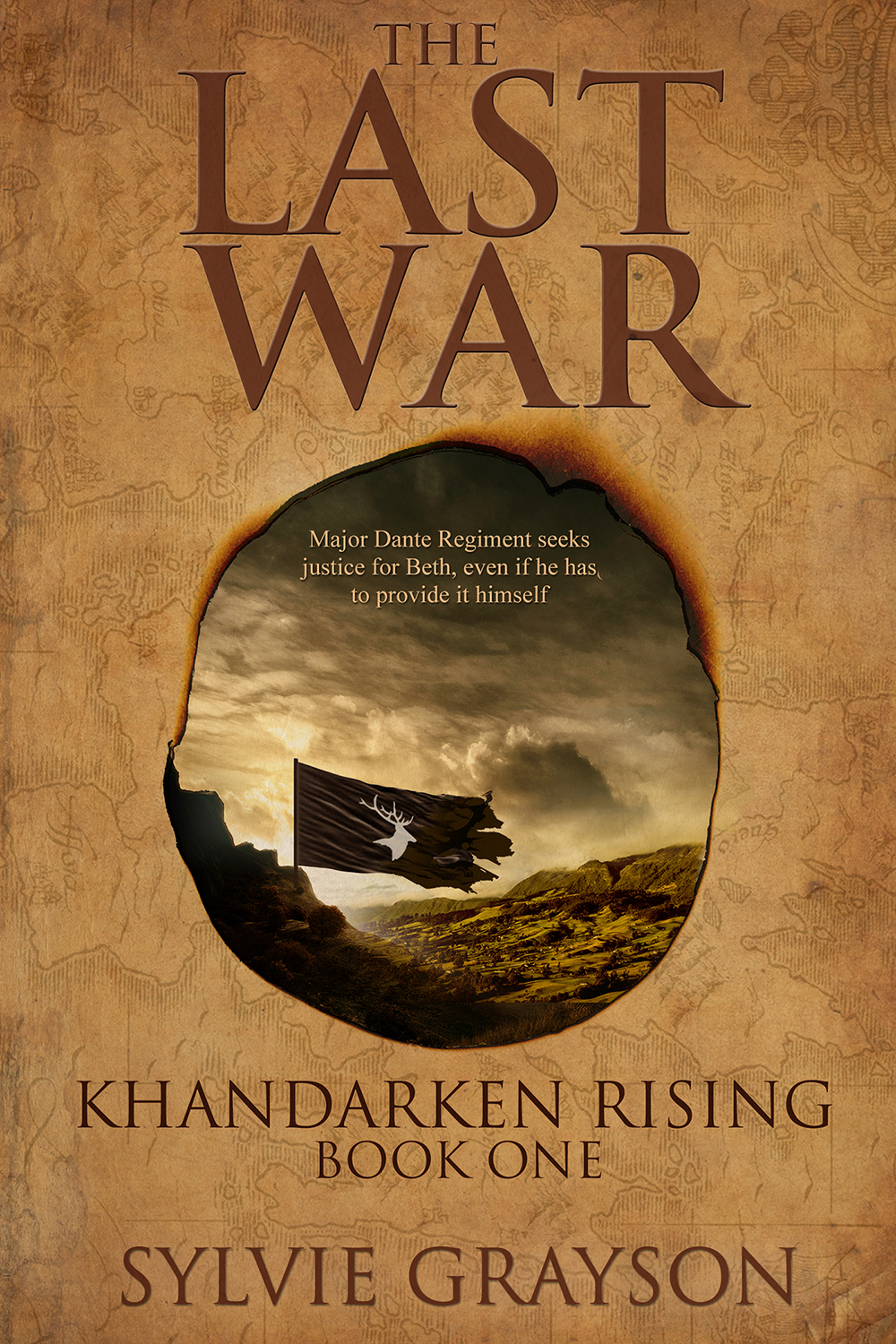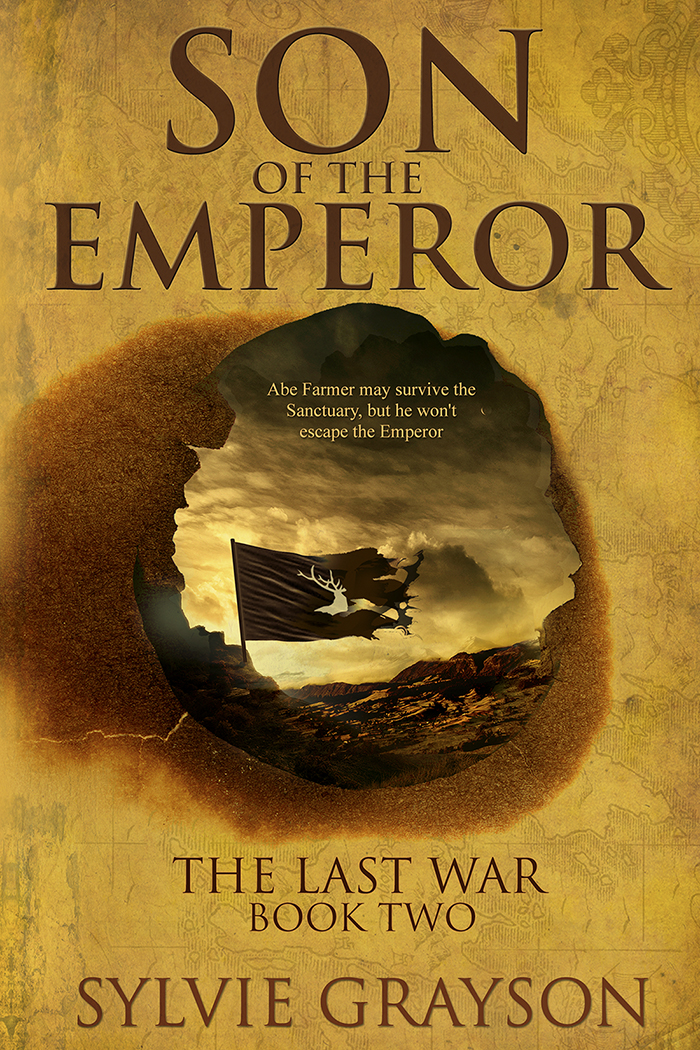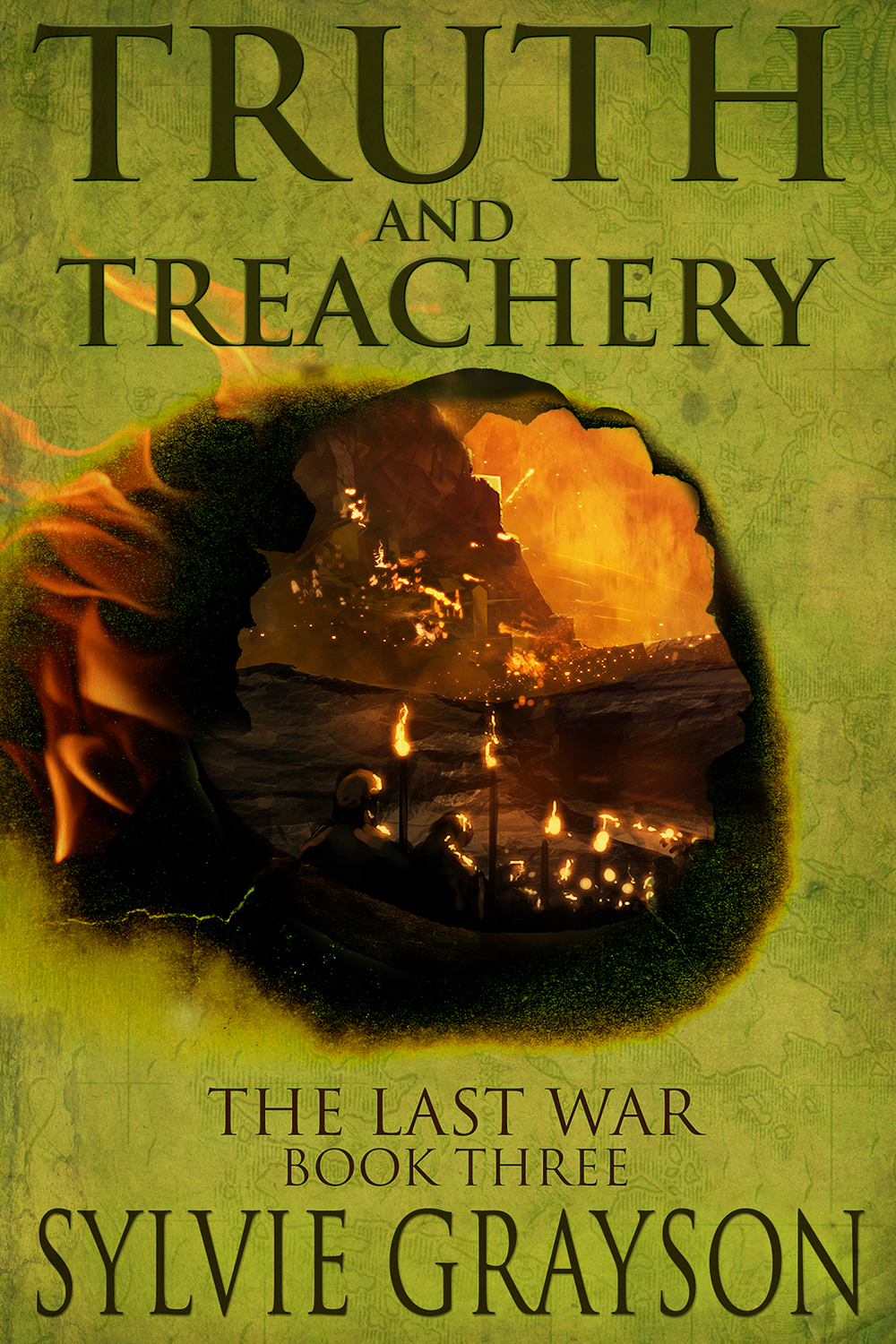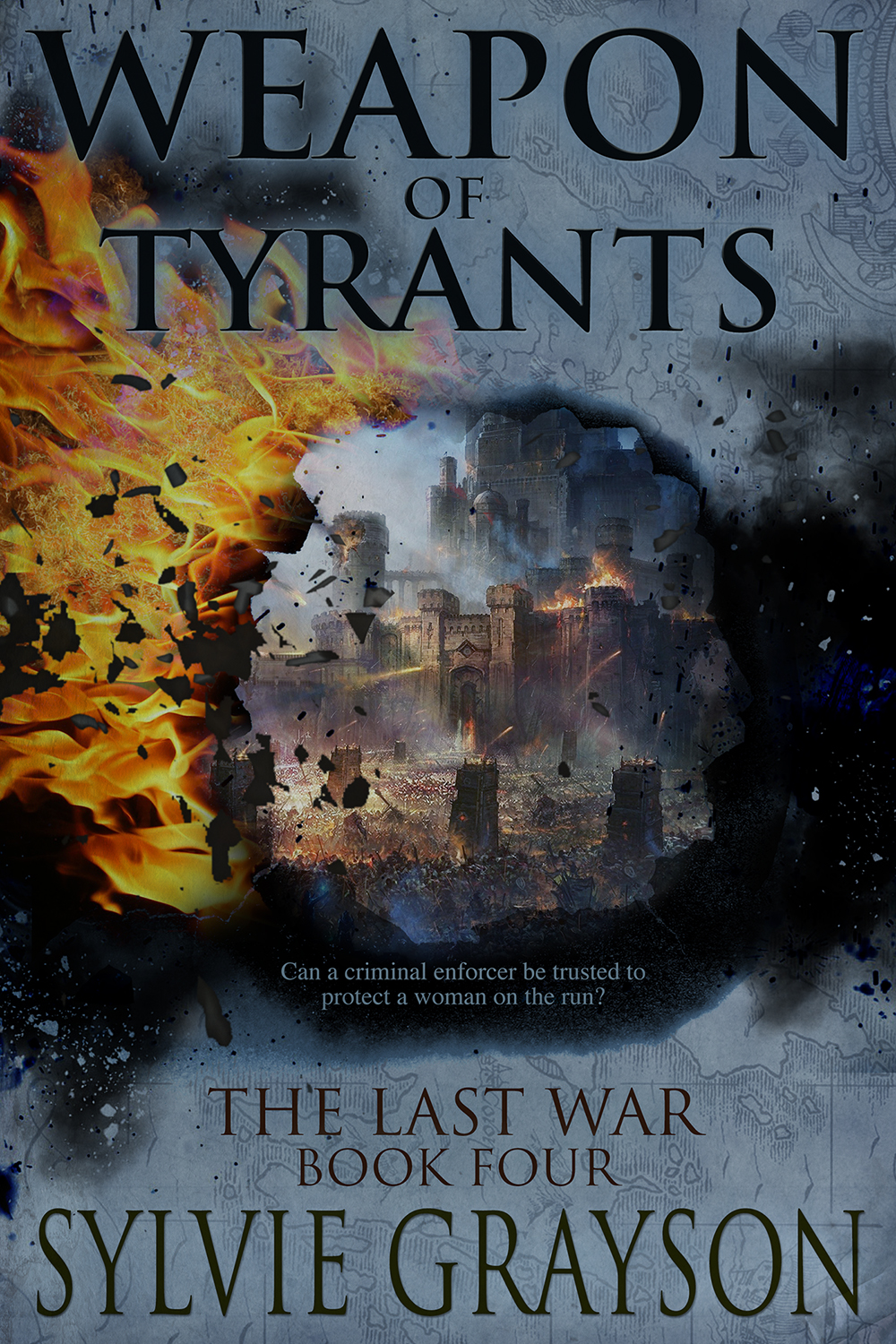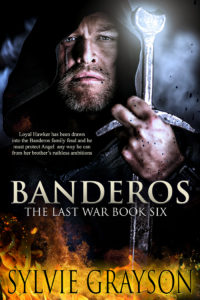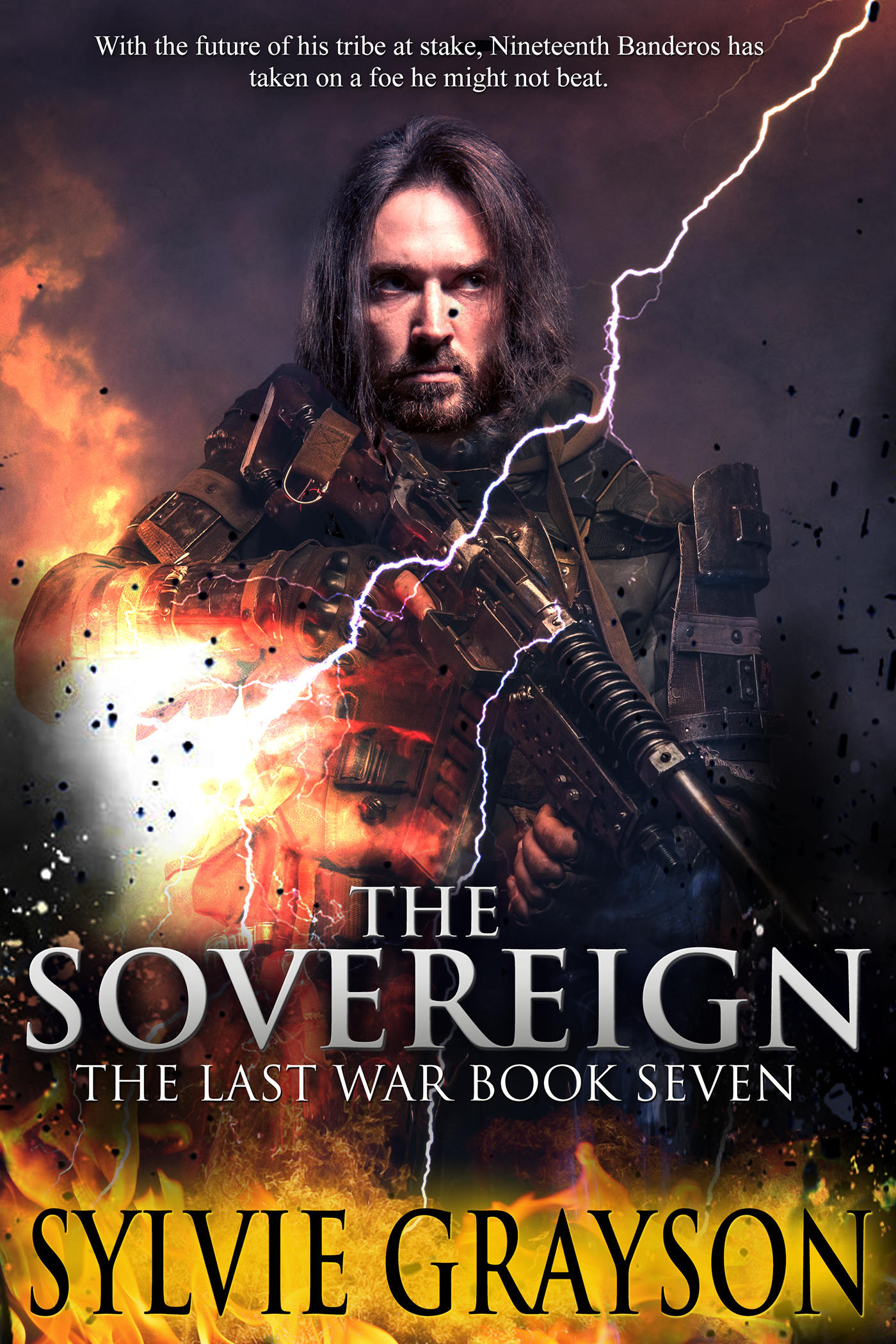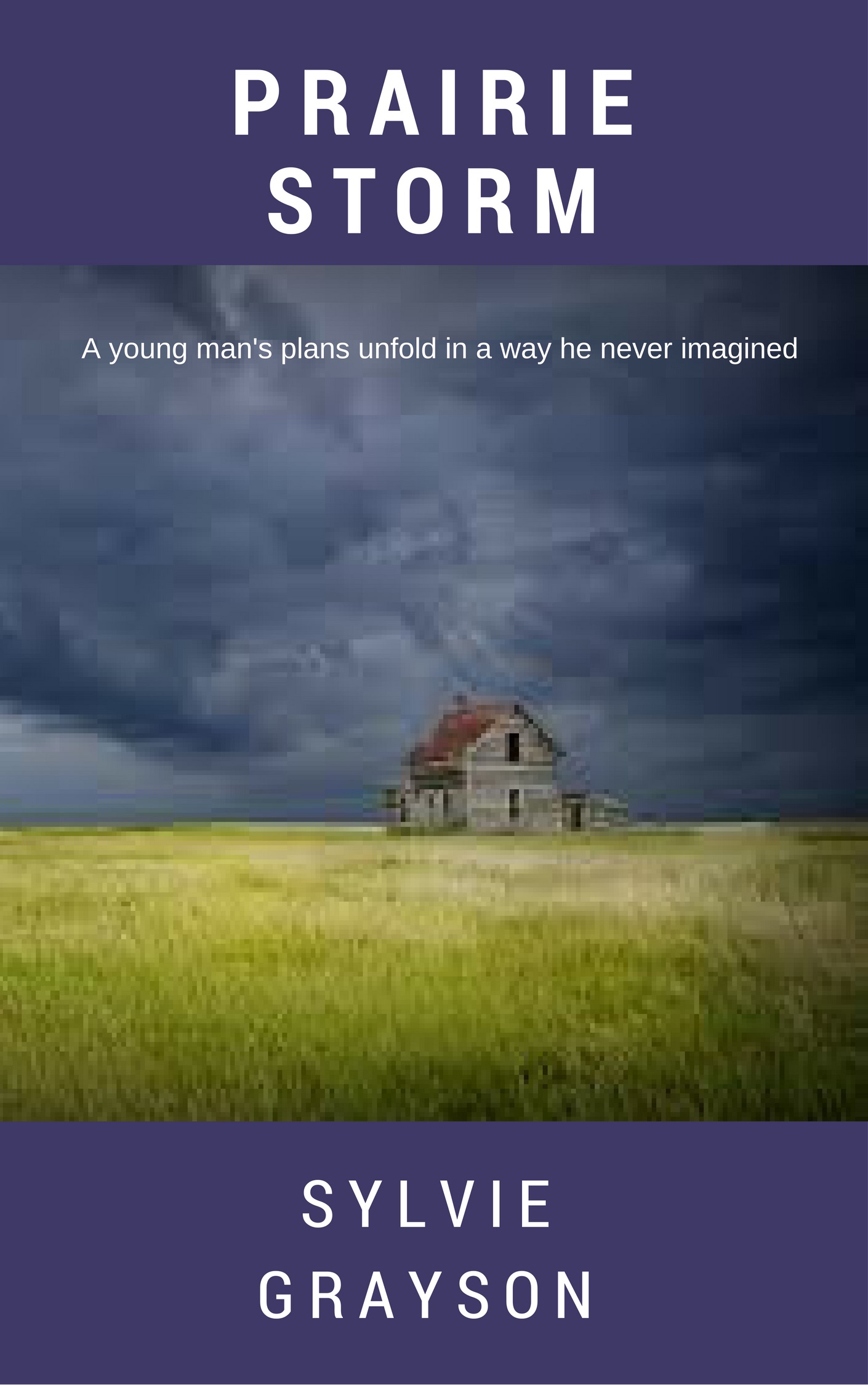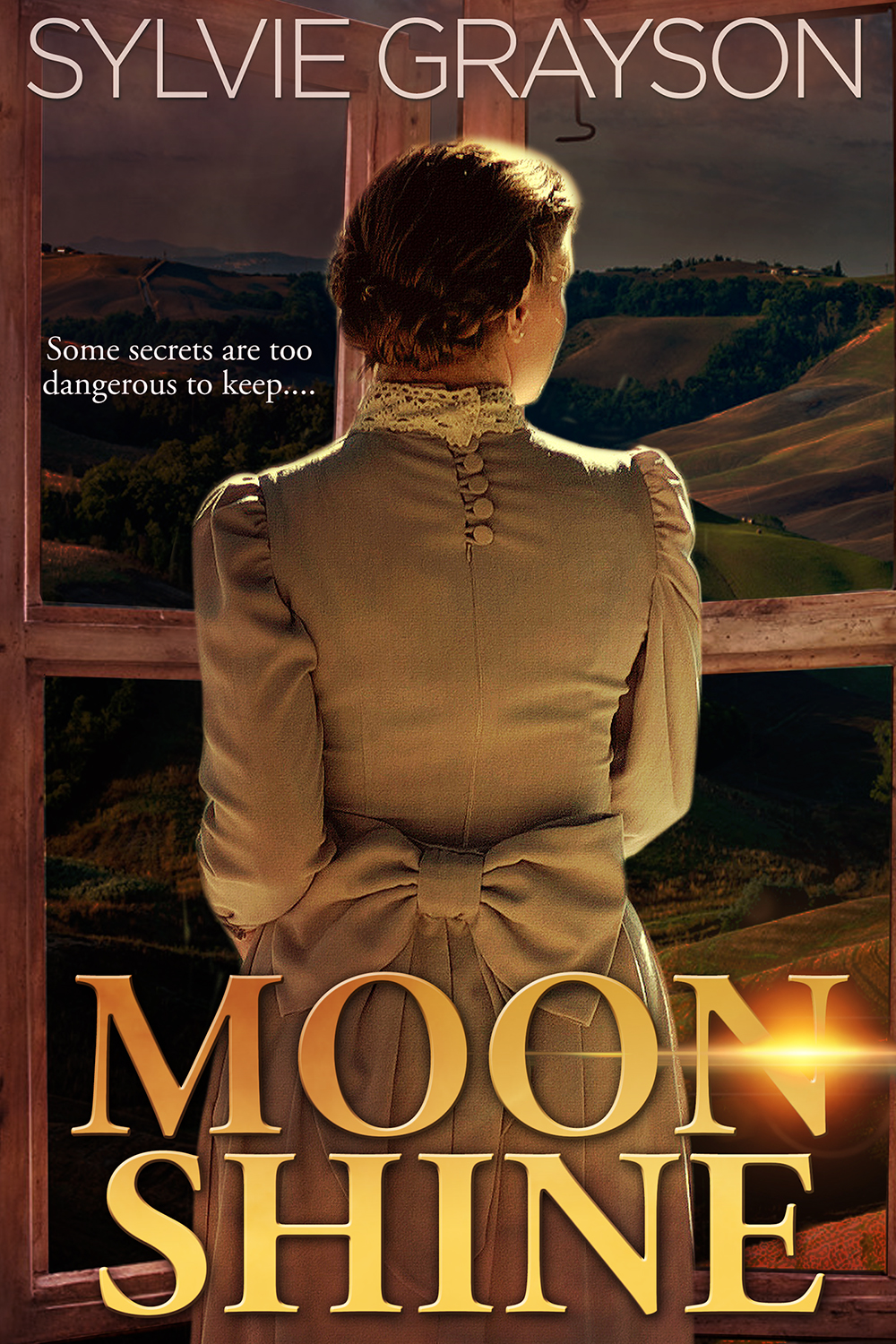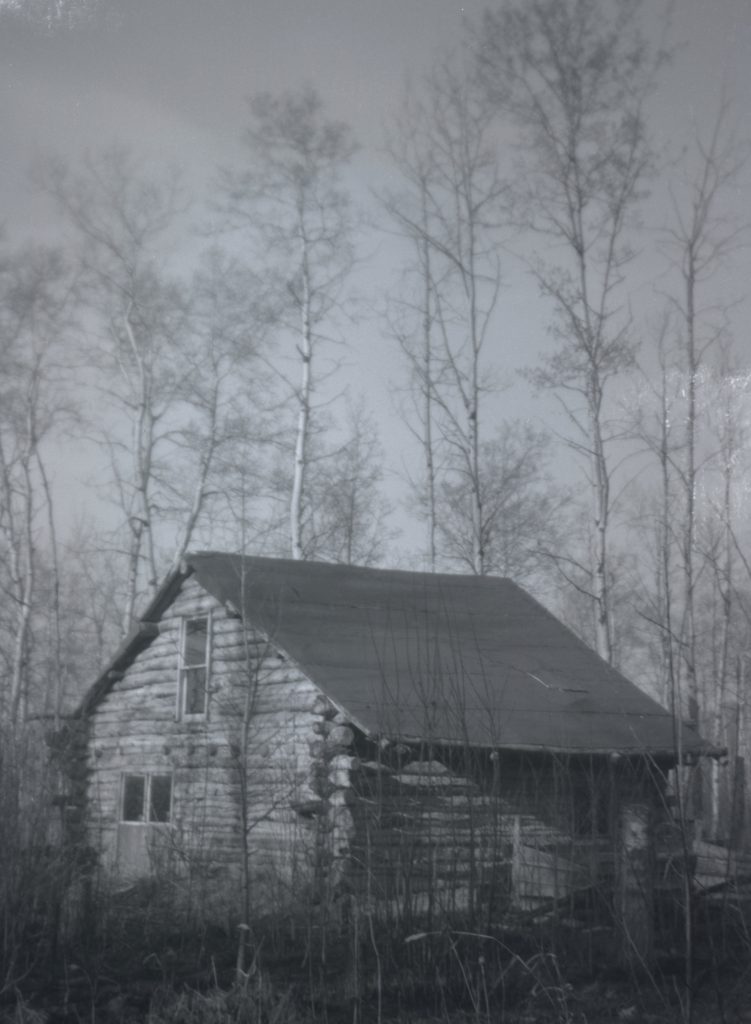
Our Journey North
My parents met in Esquimalt when Dad was sent to Vancouver Island for training in the Canadian Navy. They married during the Second World War. After the war ended, they settled in Victoria, where my two older sisters, Pamela and Nell, were born. I was born there also. When I was five, our parents sold their small house situated near the Gorge, and bought a box truck. Dad loaded everything into the truck, positioning a couch in the front facing forward with a window cut out of the box allowing us to see through the windshield of the cab. This is where my sisters and I travelled, looking through the front window as we drove.
We ended up in Nipawin, northern Saskatchewan, Dad’s old hometown. However, we weren’t there long. Obviously things didn’t work out as Dad had thought they would, and about eight months after we arrived, we were riding in an old Ford car headed back to Vancouver Island. It was Christmas Eve when we stopped on our journey to overnight at a hotel in Regina. I remember running up and down the hallways on the second floor with my sisters, working off steam after a long day of travelling in the car. There was an elderly bachelor in one of the hotel rooms who invited us in for a sip of pop and some candies. We never got pop, and were thrilled to receive such a treat.
Once we arrived back on Vancouver Island, we stopped in Duncan, just north of Victoria, and bought a house there. This house had three rooms, and was about four-hundred and fifty square feet in size, with a front porch and a set of stairs at the back. After about a year, Dad had enclosed the front porch to create a bathroom, and dug a new well in the yard as the old one was too shallow and ran out of water in the summer. The fourth daughter, Cindy, was born there, as well as the first son, Derek.
Dad was a journeyman carpenter, able to perform just about any task. He raised our house on car jacks and built a foundation for it. But he didn’t fit the mold of a regular working man. He took several jobs while in Duncan, one of them working on the construction of the Chemainus mill, but none of them lasted very long. After six years, Duncan proved to be a poor fit for our family and our parents had become interested in the land grant program in the North Peace River area.
Dad found an old truck and cut the box off it. He welded a ball mount hitch onto the frame of our car, and a towing hitch onto the front frame of the truck bed. We loaded all our stuff into the truck bed, including a full-sized pump organ, beds and linens.
By now there were five children. Mum and Dad sat in the front seat of the car with our youngest sister, Cindy, positioned between them. We three older girls sat in the back, with our one-year-old brother, Derek. He crawled restlessly over our laps and legs during the entire journey.
It is a long drive from Vancouver Island to the North Peace River area, especially in those days with the type of vehicles we had. Today, it is eight hundred and fifty miles or thirteen hundred and sixty kilometres by road. We camped along the way, sometimes in someone’s field. We met some kind and interesting people that way.
Pamela, who at fifteen years of age had already started high school, was devastated by the decision to move. She cried pretty well the whole trip north, mourning her lost friends and life at school. Nell and I, at thirteen and eleven, were less concerned, likely because we didn’t have a good grasp of how our lives were about to change.
Once we reached the town of Taylor, situated on the Alaska Highway between Dawson Creek and Fort St John, we discovered that when the ice left the Peace River earlier in the spring it had taken the bridge out with it. The only way across the river was over the railway bridge. This is how the locals were getting back and forth until a new bridge could be built.
It was hair-raising. Dad maneuvered the car onto the railway, the truck/ trailer bumping up behind. Between the ties, we could see the river roiling below us. I remember holding my breath in the hope we would get safely across. So that is how we arrived in Fort St. John, after driving across on the narrow railway ties high above the Peace River.
(More to come )




